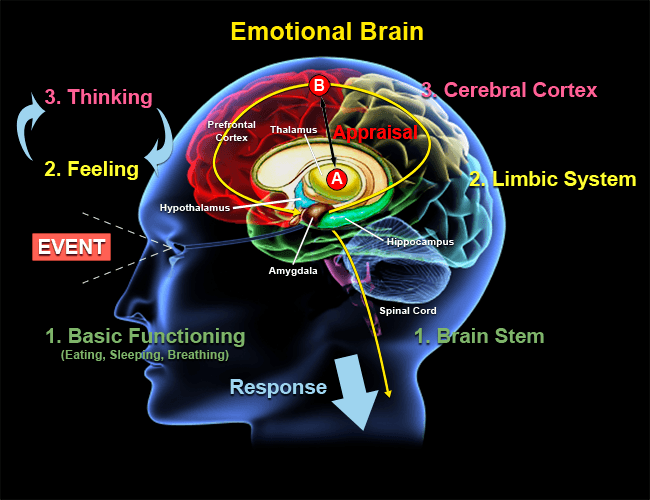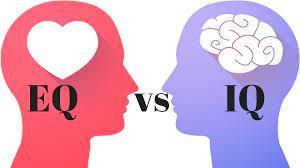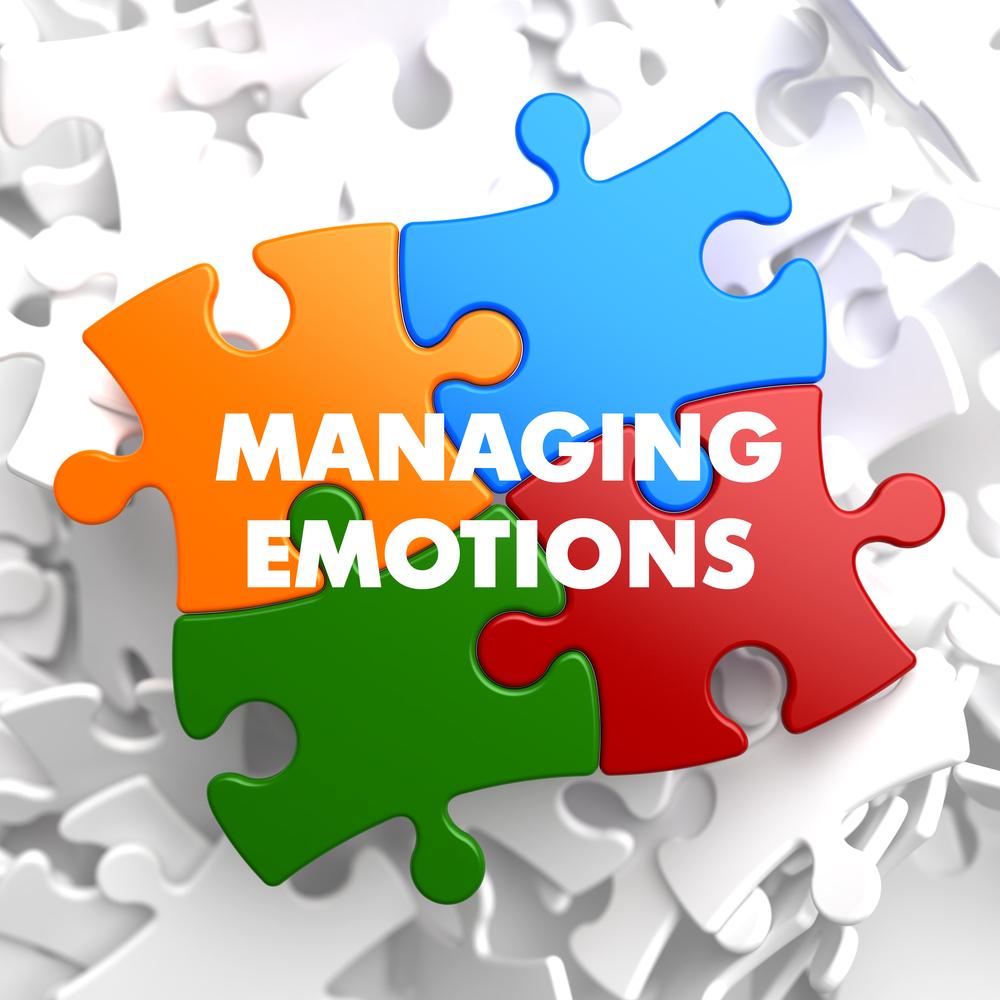Explore the World's Best Ideas
Join today and uncover 100+ curated journeys from 50+ topics. Unlock access to our mobile app with extensive features.
“Emotional intelligence is the ability to perceive emotions, to access and generate emotions so as to assist thought, to understand emotions and emotional knowledge, and to reflectively regulate emotions so as to promote emotional and intellectual growth.”
MAYER & SALOVEY, 1997
158
2.41K reads
Emotional intelligence (EI) is the ability to identify and manage your emotions to achieve success and happiness in your life. Emotional intelligence is about recognizing your own emotional state as well as the emotional state of others in order to engage better with them.
Emotional intelligence is a form of social intelligence. It lets you guide your thoughts and actions while interacting with others. It enables you to communicate your thoughts effectively, empathize with others and helps you in resolving conflict and challenges.
149
1K reads
“Anybody can become angry. What is not easy is to be angry with the right person and to the right degree, at the right time, for the right purpose and in the right way.”
PLATO
177
1.05K reads
We are programmed to act in a way our brain has been trained. There are moments in our lives when our emotions overpower our rational thinking. This happens because our brain is divided into 2 parts: rational and emotional. When the emotions are intense, they hijack the rational part of the brain and trigger a reaction that could be seen in the form of the emotions: anger, fear, happiness, love, surprise, disgust, sadness.
148
943 reads
EQ vs IQ
IQ is a genetic characteristic that can't be changed by life experiences. Whereas EI can be taught to children & instilled in them at a young age so that they could utilize their full intellectual potential.
The traditional meaning of success is having a better IQ. But Daniel Goleman says that those who have enough IQ to just get into a decent university but a stellar EQ makes more money than those who have a higher IQ but lack in EQ.
Research shows that high EI is actually more important than IQ for success. An individual’s success in work is 80% dependent on EQ while only 20% dependent on IQ.
149
744 reads
1. Self Awareness
Developing a better understanding of your own nature is the first step towards learning emotional intelligence. Self-awareness is the ability to recognize your emotions and how they affect your thoughts and behavior.
Being aware of the self means knowing your strengths and weaknesses. It includes having self-confidence and an accurate self-assessment of knowing how and why you behave in situations in a certain way.
If you can know your emotions as they happen, you can make better decisions.
160
711 reads
2. Managing Emotions
The ability to control impulsive feelings and behaviors, and managing them in an effective way, being optimistic, taking initiatives, and adapting to the conditions in challenging situations.
Goleman stresses that you can not avoid emotions from arising. However, you can control them when they appear.
Goleman explains the Ventilation fallacy for the most experienced emotion: anger.
153
663 reads
The Ventilation Fallacy
Goleman tells a story when he gets in a cab. The impatient cab driver honks signaling a young man to move out of the way. The young man makes an offensive gesture, further adding to the cab driver’s agitation. He revved his engine loudly and said you have to yell back as it makes you feel better.
Venting when you are angry prolongs your mood rather than ending it. Anger only breeds more anger. Venting out when you are sad is a good way to validate your feelings. So you have to keep a check on your feelings.
157
669 reads
3. Motivating Oneself
Emotional traits like enthusiasm and persistence play an important role in mastering aptitude.
Goleman says the reason most Asian students have better aptitude than their counterparts, not because of their IQ, but their endurance to improve their shortcomings.
146
673 reads
Self-motivation is also affected by delayed gratification. Goleman shares the famous marshmallow test wherein some 4 years old were given a marshmallow. They were asked to wait for 15 minutes before eating the marshmallow. If they did so, they will be awarded another marshmallow. But if they did eat it before that time, they will not get another one.
Years later, the children who did not eat the marshmallow immediately were found to perform better in life than those who did eat the marshmallow immediately.
154
600 reads
4. Recognizing Emotions in Others
People express far more through non-verbal cues like facial expressions, gestures than they express their feelings with words. Understanding others through non-verbal communication and feeling empathy for others helps you connect with them more comfortably.
Suppose someone at work messes up with some task. If you provide them with a harsh and sarcastic tone, it does not lead to a solution. Instead, you should try to provide constructive criticism with specifics and suggestions to face the problem face to face. This gives them hope and motivation to do things better.
148
546 reads
5. Handling Relationships
The ability to develop and maintain good relationships, communicate clearly and manage conflict in stressful situations.
Emotions are highly contagious. If someone talks to you in an angry tone and you can keep your calm, it is highly likely that the other person will start to calm down.
149
585 reads
IDEAS CURATED BY
CURATOR'S NOTE
Emotional Intelligence explains the importance of emotions in your life, how they help and hurt your ability to navigate the world, followed by practical advice on how to improve your own emotional intelligence and why that is the key to leading a successful life. (Check it out)
“
Curious about different takes? Check out our Emotional Intelligence Summary book page to explore multiple unique summaries written by Deepstash users.
K 's ideas are part of this journey:
Learn more about books with this collection
How to build confidence
How to connect with people on a deeper level
How to create a positive first impression
Related collections
Different Perspectives Curated by Others from Emotional Intelligence
Curious about different takes? Check out our book page to explore multiple unique summaries written by Deepstash curators:
4 ideas
Kavya Yerram's Key Ideas from Emotional Intelligence
Daniel Goleman
1 idea
Abhay Azad's Key Ideas from Emotional Intelligence
Daniel Goleman
12 ideas
Rio Gunawan's Key Ideas from Emotional Intelligence
Daniel Goleman
Discover Key Ideas from Books on Similar Topics
14 ideas
Why Smart Kids Are The Loneliest
HealthyGamerGG
4 ideas
13 ideas
See You at the Top
Zig Ziglar, Al Mayton
Read & Learn
20x Faster
without
deepstash
with
deepstash
with
deepstash
Personalized microlearning
—
100+ Learning Journeys
—
Access to 200,000+ ideas
—
Access to the mobile app
—
Unlimited idea saving
—
—
Unlimited history
—
—
Unlimited listening to ideas
—
—
Downloading & offline access
—
—
Supercharge your mind with one idea per day
Enter your email and spend 1 minute every day to learn something new.
I agree to receive email updates






